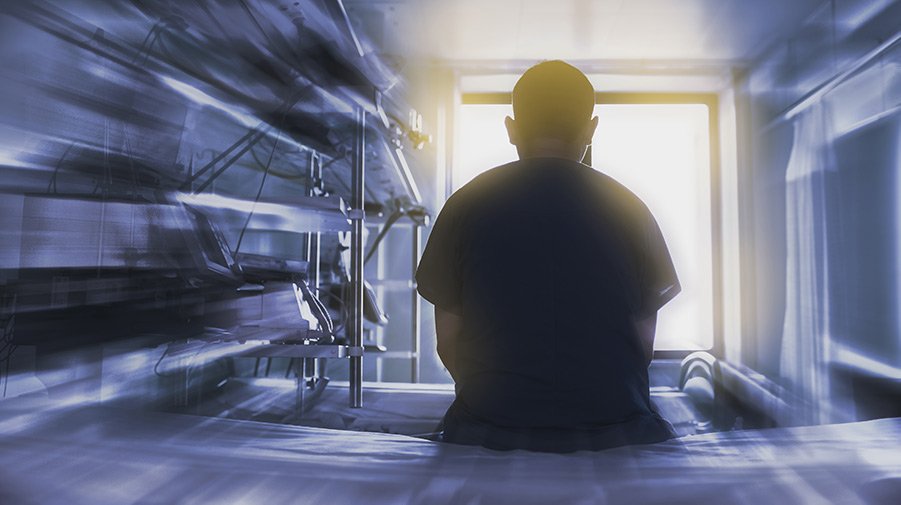Should a patient’s death always be considered a failure?

Written and edited by Nida Fatima, MD and Jakob Bower.
For any physician on earth, the death of a patient is traditionally considered as a failure; we are trained to preserve life at any cost. We try our best, give our best, and hope for the best. There is no space for ambiguity in treating patients. But what if all measures fail?
Two years ago, I received a young patient with a severe head injury from the emergency department. I operated on him multiple times and tried my best to keep him artificially alive by placing him on ventilator and medicinal support. I did not want to give up. I was trained to be persistent. I was going to put all my effort into saving him.
His family came to me after a few weeks and said, “we really appreciate your kind efforts, but we think that’s it.” They understood that the patient was getting pain from the artificial manipulation and that, no matter what efforts we made, there was not going to be any change in their condition.
Before removing the support, I asked the family again. In my mind, I did not want to fail; I did not want to lose a patient; I did not want to say goodbye.
I have encountered several other patients in which I showed my persistence by taking all measures to bring them back to normal functional capacity. When there was no way of turning them back to life, I would go and speak with the family, who would appreciate my efforts. In that way, the anxiety surrounding us would be relieved to some extent. However, it took me a long time to get adapted to these situations.
Death comes to everyone—it’s a natural act. Yet we remain uncomfortable with the idea of death, socially and professionally. We all have good and bad scenarios in our lives, but we remember our failures more than the successes. Some of our failures are so harsh they keep us awake all night and give us nightmares. There are some patients for whom we consider death as a failure, leading us to question our own judgment.
I have seen critically ill patients reverted to life, but a majority of those individuals end up in the long-term rehabilitation center. Therefore, quality of life is another factor to be thought and discussed. With advancements in technology, we are getting closer to ensuring the improvement in patients’ quality of life. But we still don’t know; we still can’t predict what the outcome will be—in terms of functional capacity and quality of life—even if we put all our efforts into their care.
It’s a tough call. It’s often hard to tell. The good news is that prediction technology is getting better every day, meaning the decisions we make will be based on better information.



